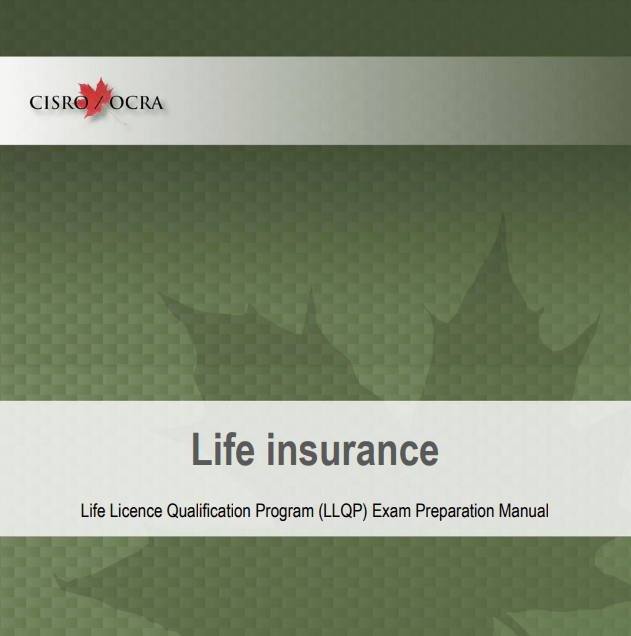
Standard Charge Terms Lender Covenants
The Standard Charge Terms is a document that is created by the lender and must be registered with the Director of Titles under the Land Titles Act. Many lenders’ Standard Charge Terms can be viewed at https://www.teranetexpress.ca/content/tvuser/schedules/ereg_fidocs.html
This document is the mortgage contract. It contains detailed information on the lender’s and borrower’s obligations, referred to as covenants, as well as the remedies available to the lender if the borrower does not meet these obligations. A covenant is a promise to do or not do something. In a mortgage contract, both the mortgagee, who is the lender, and mortgagor, the borrower, have covenants that each must abide by.
It is vital to understand that the borrower, while at the lawyer’s signing the final documentation to register the mortgage, signs acceptance of the Standard Charge Terms. What many borrowers fail to realize is that they have Standard Charge Terms on their mortgage and that they outline the rights and responsibilities of the borrower. Contravention of the terms of this document is considered default and the lender can exercise its rights, which the borrower agrees to, that are found in this document.
Mortgage brokering in Ontario is regulated by the Financial Services Commission of Ontario (FSCO) and requires a license. To obtain a license you must first pass an accredited course. The Real Estate and Mortgage Institute of Canada Inc. (REMIC) is accredited by FSCO to provide the course. For more information please visit us at www.remic.ca/getlicensed or call us at 877-447-3642.
The following is a breakdown of the lender’s covenants as listed in the Standard Charge Terms.
Lender Covenants
The mortgagee, or lender, also has several covenants by which they must abide. The following list summarizes those covenants.
Certificate of Discharge
Once the mortgagee has received funds that are sufficient to completely repay the outstanding balance of the mortgage, the mortgagee is required to provide the mortgagor, or borrower, with a Certificate of Discharge that indicates that the amount borrowed has been repaid in full. The mortgagee does not have to register this certificate of discharge on title, which means that the borrower is responsible for having this registered. If the mortgage is being refinanced by another lender, it is standard procedure for the new lender to have their Solicitor closing the mortgage register the certificate of discharge before they register their new charge.
Assignment of mortgage
The mortgagor has the right to request that the mortgagee assign the mortgage to a new lender as long as the mortgagor’s mortgage is in good standing and the mortgagor has the right to redeem the mortgage. For the exact legislation referring to assignments, refer to the Mortgages Act, Part 1, and Section 2.
Provide Quiet Possession
Quiet Possession is a legal term that reflects the right of the mortgagor to have possession of the property free from interference by the mortgagee, except when in default.











